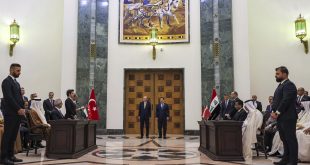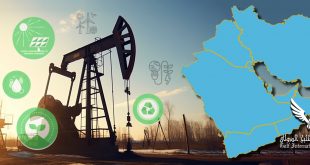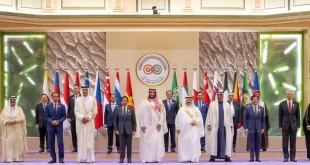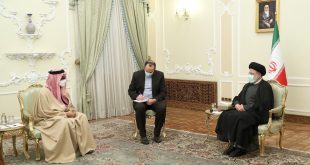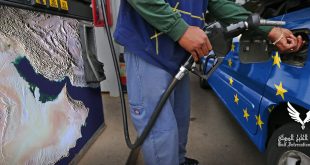The United Arab Emirates has decided to leverage its immense wealth to bring about a green revolution, but staying the path will require an enduring commitment. As increasingly devastating climate events underline the need to transition away from fossil fuels, the rapid and sustainable development of renewable energy resources has …
Read More »Charting a Course: Türkiye’s Ambitious Plan for Middle Corridor Trade Expansion
Dr. Umud Shokri,Dr. Serhat Suha Cubukcuoglu,Sultan AlRubaei Amidst rising tensions and disruptions to maritime trade along the Mediterranean-Indian Ocean route, another trade corridor that roughly coincides with the ancient Silk Road has once again heightened in importance: The Middle Corridor, also known as the Trans-Caspian International Transport Route (TITR), is …
Read More »Navigating Energy Transition: Azerbaijan’s Role in COP29 and Global Partnerships
Historically reliant on its abundant gas and oil resources, Azerbaijan is currently experiencing a significant energy transition aimed at enhancing sustainability and broadening its energy composition. The country has made large investments in hydroelectric, solar, and wind power to meet its ambitious targets for increasing the share of renewable energy …
Read More »Geopolitics and Challenges in Iraq’s Quest for Regional Connectivity
To advance its ambitious Development Road project, Iraq must navigate several obstacles, including inadequate infrastructure, corruption, security concerns, and a delicate geopolitical position. Last month, after Turkish President Recep Tayyip Erdogan visited Baghdad, Iraq announced that it would join the region-wide “Development Road” project, which will link the country with Qatar, the UAE, and …
Read More »Navigating New Horizons: The Gulf’s Dynamic Energy Landscape in 2024
In 2024, the Gulf’s energy sector is poised at a critical juncture, balancing the traditional reliance on hydrocarbons with ambitious strides toward renewable energy and economic diversification amidst global economic fluctuations and regional geopolitical tensions. The Middle East played a significant role in the global energy market in 2023, navigating the delicate …
Read More »GCC, Iran’s Northern Neighbors Expanding Financial Ties
As Iran grapples with a severe lack of foreign investment, its Arab neighbors are increasingly channeling funds into Iran’s northern regions, boosting trade turnover. On December 17, the United Arab Emirates and the Republic of Azerbaijan jointly launched a substantial investment fund worth one billion dollars. This collaborative venture sees …
Read More »Water Diplomacy Woes in the Persian Gulf: Navigating Water Scarcity in the UAE and Iran
Water crisis in the Persian Gulf presents a multifaceted challenge, as it plays a critical role in climate adaptation and mitigation, environmental damages and conflicts in the region. The varying water scarcity challenges among Gulf countries raise questions about how it will affect their collective efforts against water scarcity. As COP28 …
Read More »Russia and the Gulf: Implications for Global Energy Markets and Moscow’s International Isolation
Pressure is growing around the world to cut off international purchases of Russian oil because of the Kremlin’s war of aggression against Ukraine. In recent days, the government of Poland announced its intentions to do just that, in addition to self-embargos on Russian coal and natural gas, before the end …
Read More »Why Gulf States Can (or Cannot) Replace Russian Oil and Gas
Given Europe’s need for Russian natural gas and the lack of easily available alternatives for Russia’s energy resources in the European market in the short term, solutions to political disagreements between Europe and the Middle East are more vital now than ever. Energy flows—imports and exports—constitute a major element of …
Read More »The Middle East needs to draw the right lessons from today’s natural gas crisis
Rising oil prices and the energy crisis have created the conditions for Middle Eastern countries to gradually reduce their dependence on oil and gas exports and focus on a green economy by investing more in the energy transition process. The energy crisis and Russia‘s invasion of Ukraine, along with the outbreak of the …
Read More »



